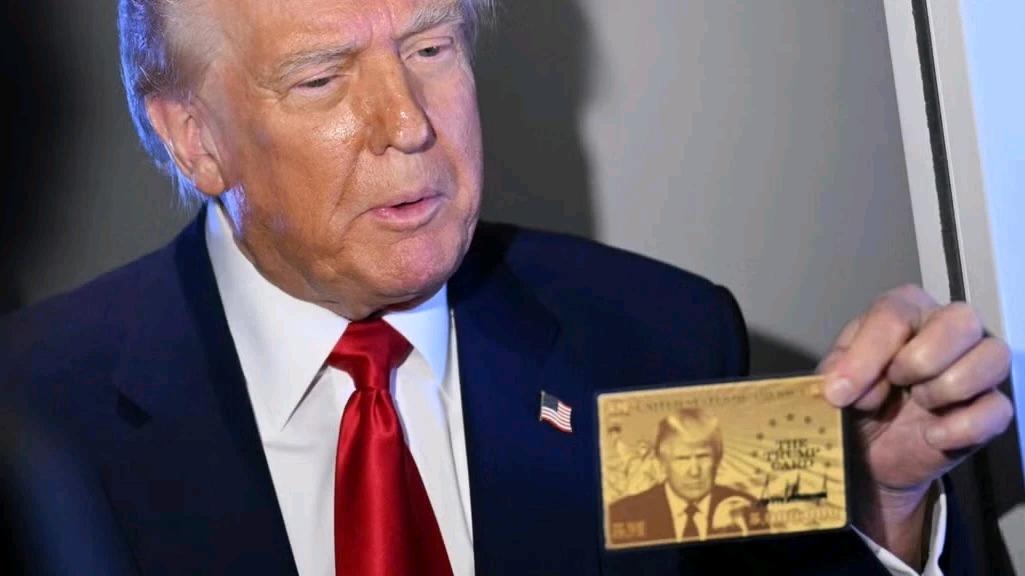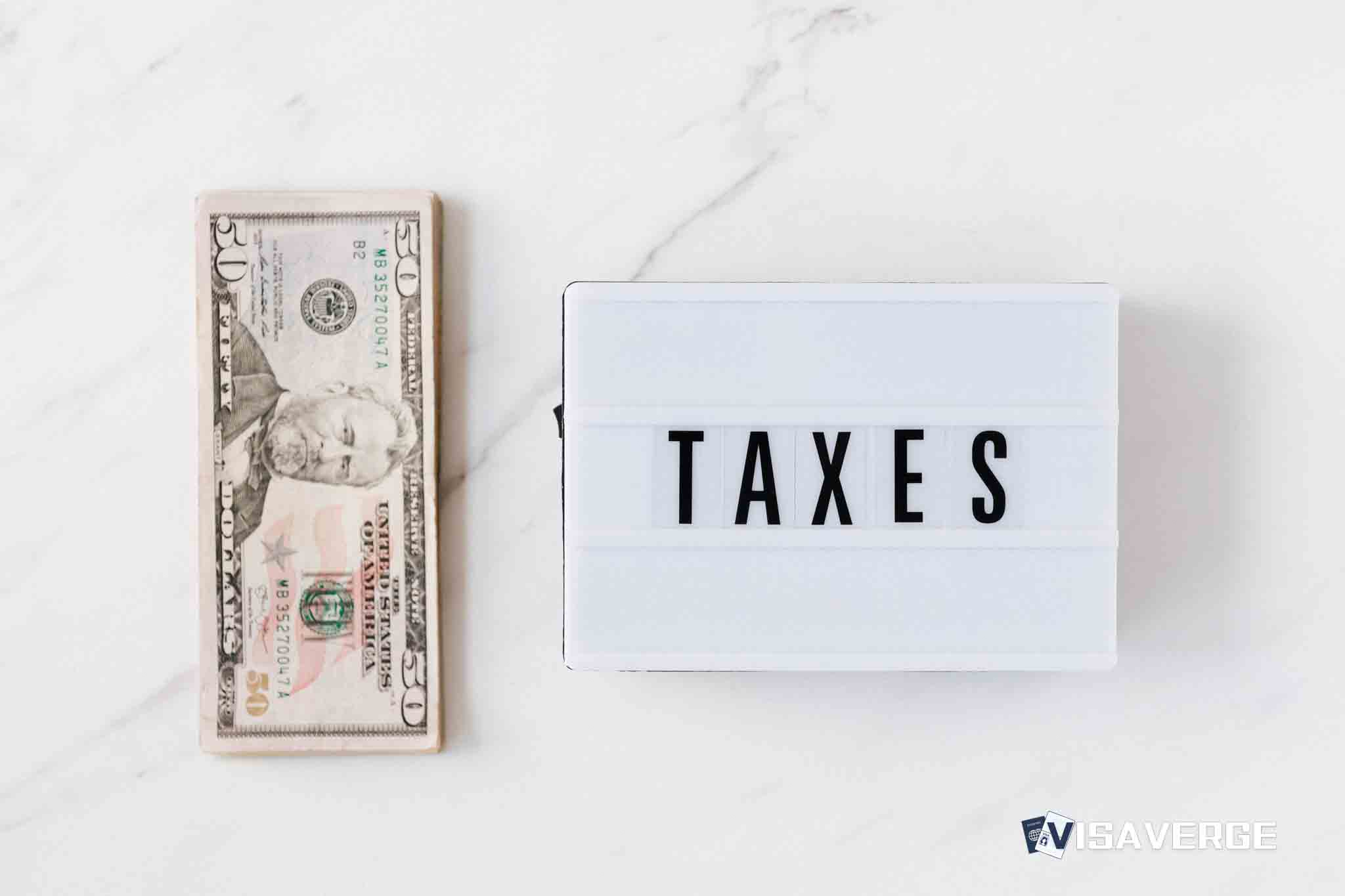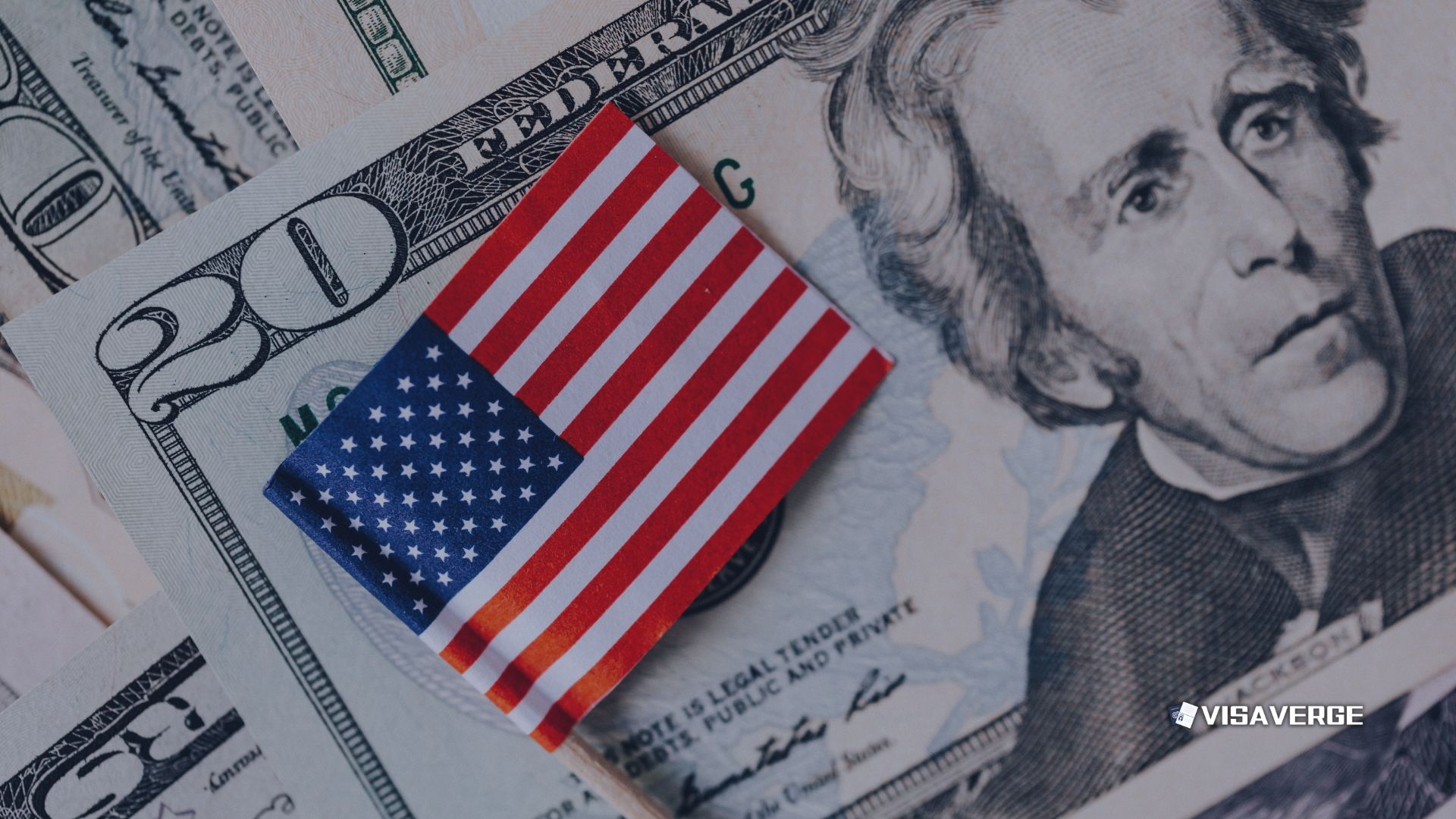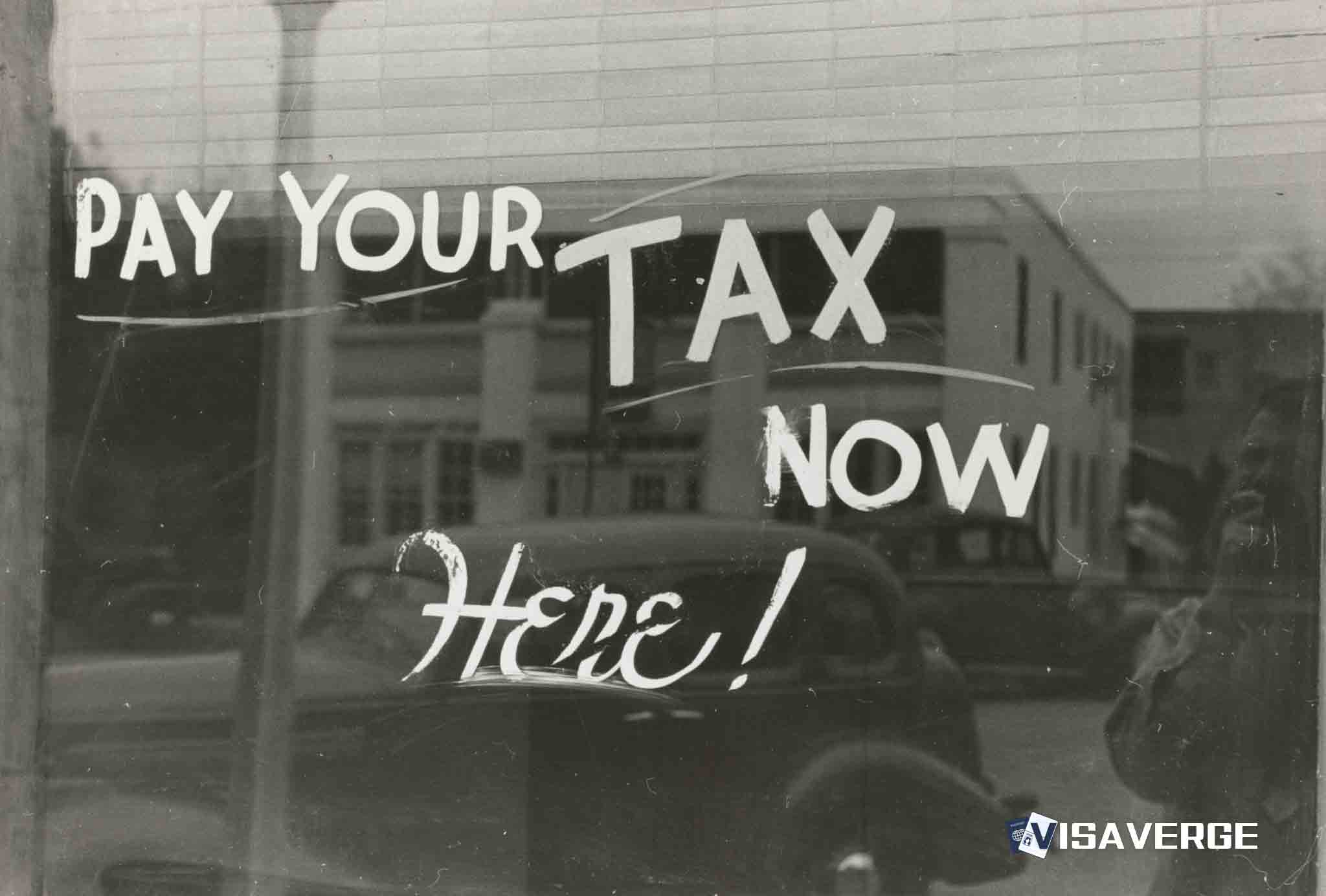Key Takeaways
• Visa applicants in 50+ countries must list all social media usernames from the past five years.
• Australia’s 2024 privacy law bans social media use for children under 16 and imposes large fines.
• Providing complete, accurate usernames avoids visa delays or denials and complies with privacy laws.
In 2025, people applying for visas or immigration benefits in countries like the United States 🇺🇸, Canada 🇨🇦, Australia 🇦🇺, and across Europe are facing new questions about their online lives. Immigration authorities now often ask applicants to list all usernames they have used on social media in the last five years. This change is part of a wider effort to improve security, protect privacy, and keep up with how people use the internet today. These policy changes affect not only immigrants and visa applicants but also employers, families, and anyone with an online presence.
Let’s look at what these new requirements mean, why they matter, and how they fit into the bigger picture of immigration and social media in 2025.
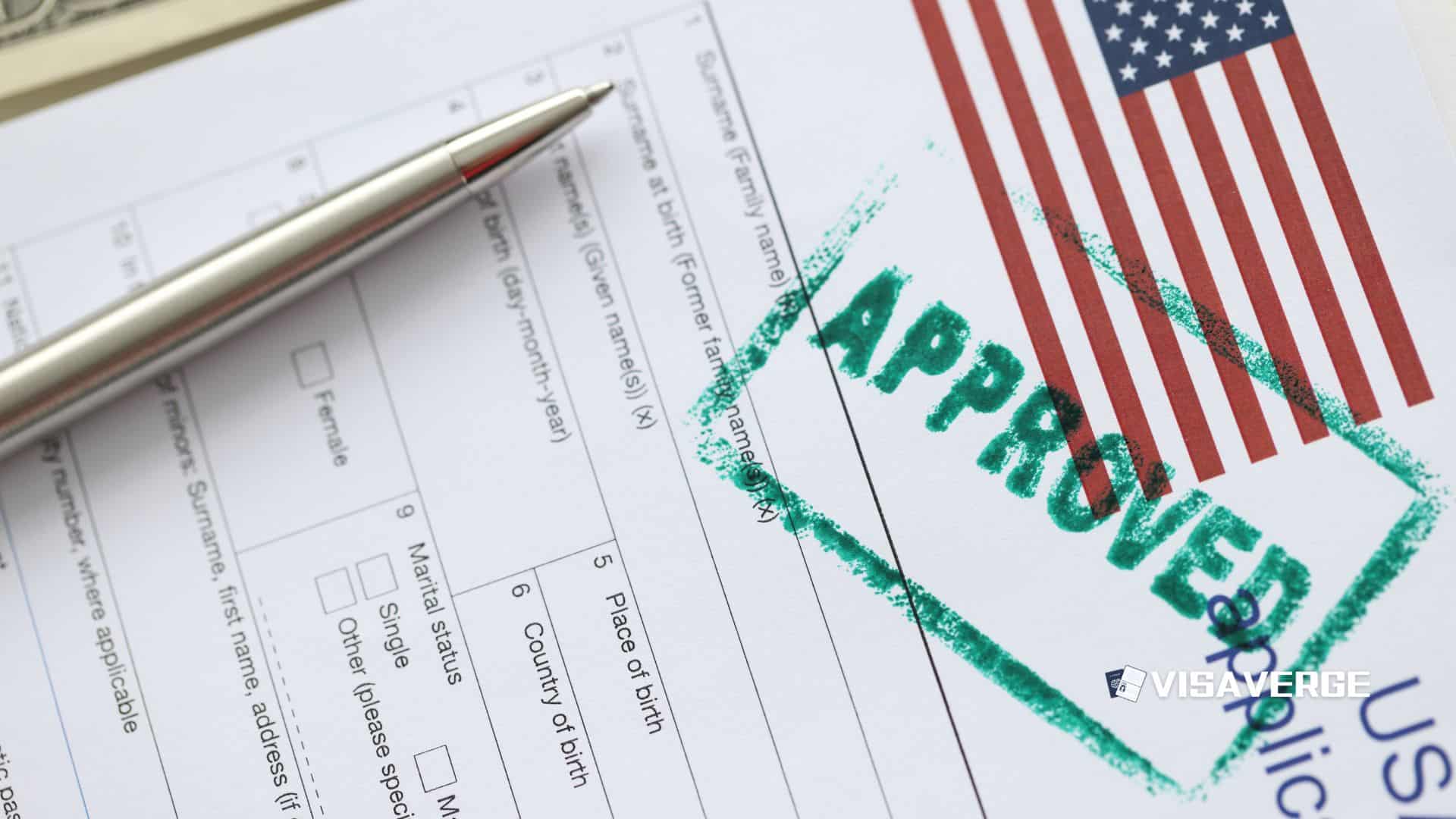
Why Immigration Authorities Want Your Social Media Usernames
Immigration officials have always checked backgrounds to keep their countries safe. In recent years, they have started to look at social media as part of this process. By asking for all usernames used on platforms like Facebook, Instagram, TikTok, Twitter (now called X), and others, authorities hope to:
- Spot security risks: Social media can show if someone supports dangerous groups or activities.
- Check for fraud: Officials can see if someone’s online story matches what they say in their application.
- Protect children and vulnerable people: By checking usernames, authorities can spot signs of online abuse or exploitation.
These checks are not just about catching bad actors. They also help authorities make fair decisions by looking at the whole picture of an applicant’s life.
How the Username Requirement Works
When you apply for a visa or immigration benefit, you may see a question like:
“List all usernames you have used on social media in the last five years.”
You will need to:
- List every username you have used, even if you no longer use the account.
- Include all platforms: Facebook, Instagram, TikTok, X (Twitter), LinkedIn, Snapchat, Reddit, and any others.
- Be honest and complete: Leaving out usernames can be seen as hiding information, which may hurt your application.
Some countries ask for this information on specific forms. For example, the United States 🇺🇸 asks for social media usernames on the DS-160 (for nonimmigrant visas) and DS-260 (for immigrant visas). Canada 🇨🇦 and Australia 🇦🇺 have similar questions on their online application systems.
Important: You do not need to give your passwords—just your usernames.
Recent Policy Changes in 2025
The rules around social media and immigration are changing quickly. Here are some of the most important policy changes in 2025:
1. Stricter Privacy Laws
Countries are updating privacy laws to protect people’s data online. For example:
- Australia 🇦🇺 passed the Privacy and Other Legislation Amendment Act 2024. This law includes a Children’s Online Privacy Code and bans social media use by anyone under 16. Companies that break this rule face large fines.
- United States 🇺🇸 states are passing new privacy laws. These laws require companies to collect less data and make them pay if they lose people’s information.
- European Union 🇪🇺 keeps enforcing the General Data Protection Regulation (GDPR) and is adding new rules for artificial intelligence (AI) and data use.
These changes mean immigration authorities must be careful with the social media information they collect. They must follow strict rules about how they store and use your data.
2. Social Media Platform Updates
Social media companies are also changing their policies:
- Meta (Facebook and Instagram) stopped fact-checking political content in early 2025. This could lead to more false or polarizing posts, which may affect how authorities view online activity.
- TikTok, X (Twitter), and others are updating privacy settings and how they handle user data, especially for minors.
These updates can change what information is visible to immigration officials and how they interpret it.
3. Employer Social Media Policies
Employers are paying more attention to social media use, especially for workers on visas. They must balance:
- Company reputation: Making sure employees’ online posts do not harm the company.
- Employee rights: Respecting workers’ freedom to talk about work conditions online.
- Legal risks: Following new laws about privacy and online speech.
Employers may ask workers to share their usernames or follow certain rules about what they post.
4. New Laws for Minors and Parental Permission
Several countries are passing laws that require parental permission for minors to use social media. These laws aim to protect children from online dangers and make parents more responsible for their kids’ online activity.
What This Means for Immigrants and Visa Applicants
If you are applying for a visa or immigration benefit, these changes affect you in several ways:
1. More Information to Provide
You must be ready to list all usernames you have used in the last five years. This includes:
- Old accounts you no longer use
- Nicknames or alternate spellings
- Usernames on less common platforms
Tip: Make a list of your usernames before you start your application. This will save time and help you avoid mistakes.
2. Privacy Concerns
Many people worry about sharing their social media usernames with the government. Here’s what you should know:
- Authorities do not ask for passwords—only usernames.
- Your data is protected by privacy laws in most countries.
- Officials are supposed to use this information only for security and fraud checks.
If you are worried about your privacy, check the official privacy policy of the immigration agency you are applying to. For example, the U.S. Department of State Privacy Policy explains how your information is used.
3. Risks of Not Disclosing Usernames
If you leave out a username or give false information, your application could be delayed or denied. In some cases, you could be banned from applying again.
Be honest and complete. If you are not sure about a username, try to recover your old accounts or check your email for sign-up messages.
4. Impact on Families and Children
If you are applying as a family, you may need to list usernames for your spouse and children (if they have social media accounts). New laws in countries like Australia 🇦🇺 mean children under 16 may not be allowed to use social media at all.
Parents should check local laws before helping their children set up social media accounts or including them in visa applications.
Stakeholder Perspectives
Immigrants and Applicants
Most immigrants want to follow the rules but may feel nervous about sharing so much personal information. Some worry that old posts or usernames could be misunderstood.
Employers
Companies that sponsor workers for visas must make sure their social media policies follow the law. They may need to update employee handbooks and train managers on privacy rules.
Governments
Authorities argue that checking social media helps keep countries safe and stops fraud. They say privacy laws protect applicants’ data.
Privacy Advocates
Groups that fight for privacy rights warn that collecting usernames could lead to misuse of personal data. They call for clear limits on how this information is used and stored.
Procedures: How to List Your Usernames
Here’s a step-by-step guide for listing your usernames on a visa or immigration form:
- Read the Instructions Carefully
- Look for questions about social media or online accounts.
- Check if you need to list usernames for all platforms or just certain ones.
- Make a Complete List
- Write down every username you have used in the last five years.
- Include old accounts, nicknames, and alternate spellings.
- Check Each Platform
- Log in to your accounts and check your profile for your username.
- Look for accounts you may have forgotten.
- Fill Out the Form
- Enter each username in the space provided.
- Double-check for spelling mistakes.
- Keep a Copy
- Save a copy of your list in case you need it later.
- Be Honest
- Do not leave out usernames or make up information.
If you are unsure about a specific form, check the official government website. For example, the U.S. DS-160 form has a section for social media usernames.
Expert Analysis: Why These Changes Matter
Analysis from VisaVerge.com suggests that the move to collect social media usernames is part of a larger trend. Governments want to use all available tools to check backgrounds, but they must balance this with privacy and fairness.
Experts say that while these checks can help spot real risks, they can also cause problems if officials misunderstand jokes, slang, or old posts. There is also a risk that people may be judged unfairly for things they posted years ago.
Privacy experts recommend that applicants:
- Review old posts before applying
- Set accounts to private if possible
- Be ready to explain any posts that could be misunderstood
Statistics and Trends
- Over 90% of people worldwide use social media in some form, according to recent studies.
- More than 50 countries now ask for social media usernames on visa or immigration forms.
- Australia 🇦🇺 and the United States 🇺🇸 have some of the strictest rules about collecting this information.
Future Outlook
Looking ahead, experts expect:
- More countries will add social media questions to visa and immigration forms.
- Privacy laws will get stricter, making it harder for authorities to misuse data.
- Social media platforms will keep changing their privacy settings and rules, which may affect what information is visible to officials.
- Parents will face more responsibility for their children’s online activity.
Practical Guidance for Applicants
To protect yourself and make your application process smoother:
- Keep a record of all usernames you use on social media.
- Review your privacy settings on each platform.
- Be honest and complete when filling out forms.
- Check official government resources for the latest rules and forms. For example, the U.S. Department of State’s visa page has up-to-date information.
- Talk to an immigration lawyer if you have concerns about your online history.
Conclusion and Next Steps
The requirement to list all social media usernames from the past five years is now a standard part of many immigration and visa applications. This change reflects a new reality where online activity is part of your public record. While these policy changes aim to improve security and prevent fraud, they also raise important questions about privacy and fairness.
Applicants should prepare by making a full list of usernames, reviewing their online presence, and following all instructions carefully. Employers, parents, and other stakeholders must also stay informed about policy changes and legal responsibilities.
For the most current information, always check official government websites and consider seeking professional advice if you have questions about your social media history and immigration process.
Learn Today
Social Media Usernames → Unique identifiers used on platforms like Facebook or TikTok for online interaction and identity.
Visa Application → Official process where individuals request permission to enter or reside in a country.
Privacy Laws → Legal rules protecting individuals’ personal data from misuse or unauthorized access.
DS-160 Form → US nonimmigrant visa application form requiring social media username disclosure.
Children’s Online Privacy Code → Australian regulation designed to protect children’s data and restrict social media use under 16.
This Article in a Nutshell
In 2025, visa applicants worldwide must list every social media username used in five years due to security, privacy, and fraud concerns. Countries like the US, Canada, and Australia require honesty. Policies also address minors’ protections and employer rules, highlighting new challenges and responsibilities in migration’s digital age.
— By VisaVerge.com



